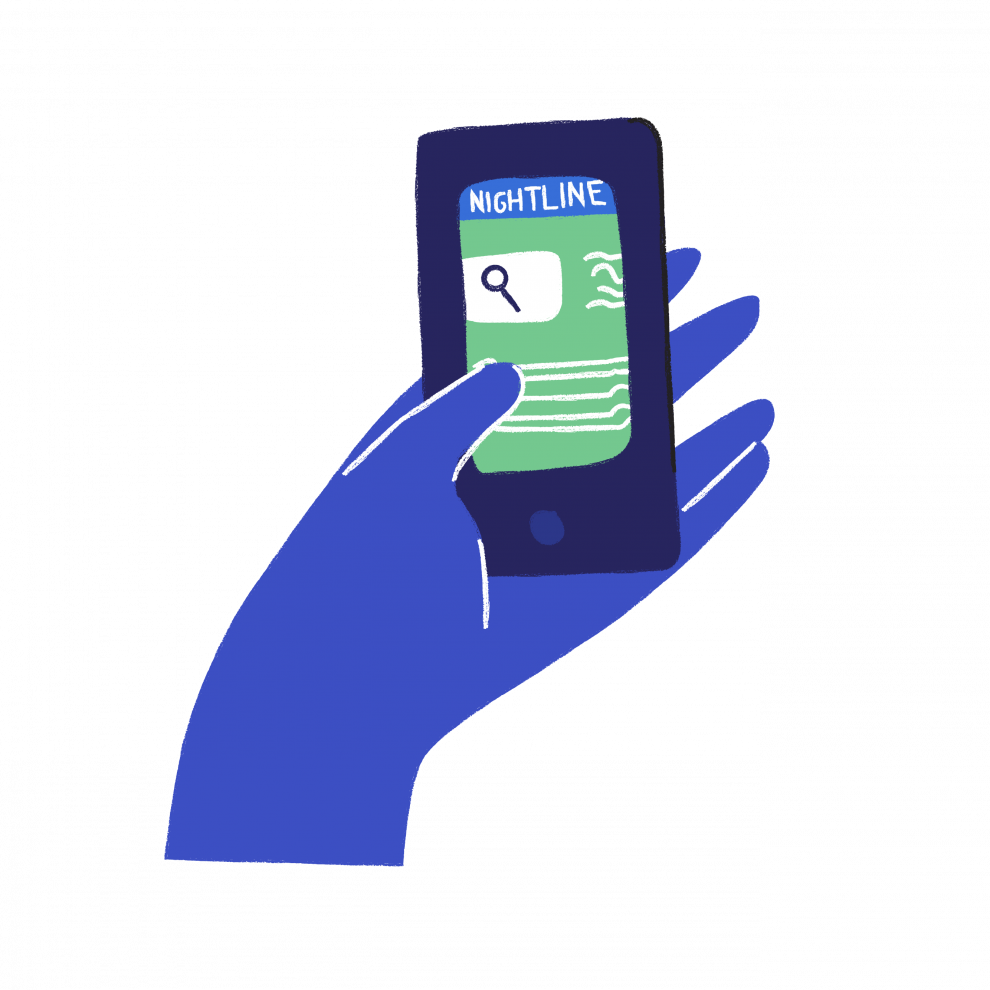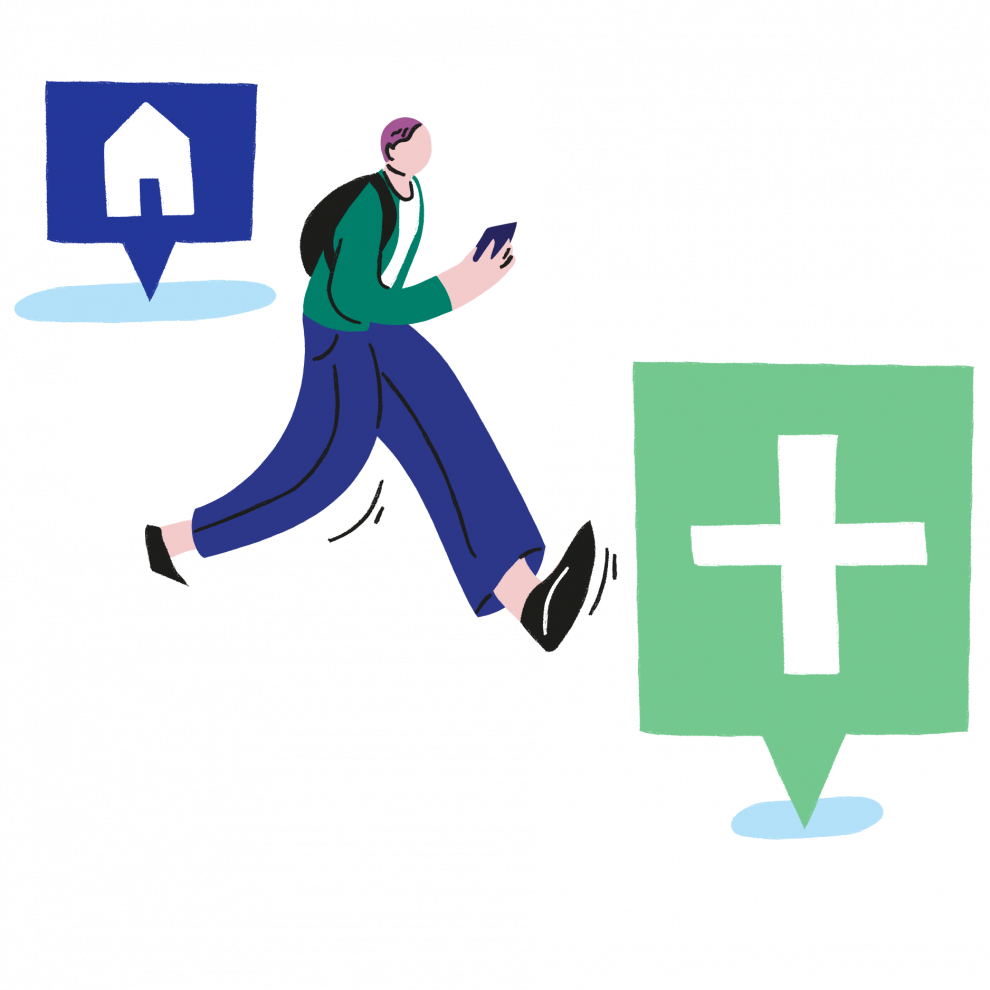Lexicon
Social Worker
A social worker helps people in social difficulty by providing information, assisting them and sometimes by referring them to mental health professionals and liaising with them.
He/she has a state diploma, which means that he/she has undergone 3 years of theoretical and practical training.
University Counseling Office (BAPU)
Psychological consultation centres, especially psychoanalytical ones, which also offer help with certain administrative procedures if needed.
Psychological and medical centers (CMP)
Public centres open to all residents of a geographical area (and therefore to students living there). They offer free psychological and psychiatric consultations and can often receive people in emergency.
Psychoanalyst
A psychologist may be a psychoanalyst, but the title of psychoanalyst as such is not legally recognised in France. It is linked to a branch of psychology called psychoanalysis, which is based on the writings of Freud. Psychoanalysts must generally have undergone psychoanalysis themselves and have been trained in a private school or institute. Generally speaking, they offer long-term therapy, which can last several months or years.
Psychiatrist
A psychiatrist is a doctor, which means that unlike a psychologist, he/she can diagnose the person concerned, prescribe medication, care or treatment: for example, he/she can decide to hospitalise their patient. Unlike the psychologist, he/she has studied medicine for ten or eleven years.
Psychologist
A psychologist is a specialist in human emotions and behaviour. He/she supports people who are in psychological distress or who have mental health problems of some kind, through psychotherapy. He/she has completed five years of study and a post-graduate degree in psychology.
Psychotherapist
It is a broader term that refers to people who specialise in psychotherapy. A psychotherapist can be a psychiatrist, a doctor, a psychologist or a psychoanalyst. They have completed 400 hours of training and an internship. They must also have a doctorate in medicine or a master's degree in psychology or psychoanalysis.
Mental health
"The concept of mental health covers a very broad field that refers to a state of individual and collective balance that allows people to maintain good health despite hardships and difficulties." (ARS). Mental health problems can affect anyone.
University Health Services (SSU, SUMPPS, SIUMPPS)
Health centres linked to universities or groups of universities, which offer medical services, but also psychological services, with psychological consultations. They sometimes also offer group activities or video consultations.
Therapist
This term refers to all caregivers. Caution: psychotherapist ≠ therapist: psychotherapist is a certificated title, whereas therapist is a term that does not refer to a degree or skill.
Mental disorders
The notion of mental disorders covers many situations: depressive disorders, anxiety, phobias, eating disorders, addictive disorders, bipolar disorders... over 500 disorders are listed by the WHO. In addition, 1 out of 3 people will experience one of these disorders in their lifetime.
However, you don't have to have a mental disorder to consult a psychologist or psychiatrist! Even if mental disorders do not affect us all, mental health does!
To learn more about mental disorders (for example, to recognise a depressive disorder), don't hesitate to visit the Psycom website.
With the support of



